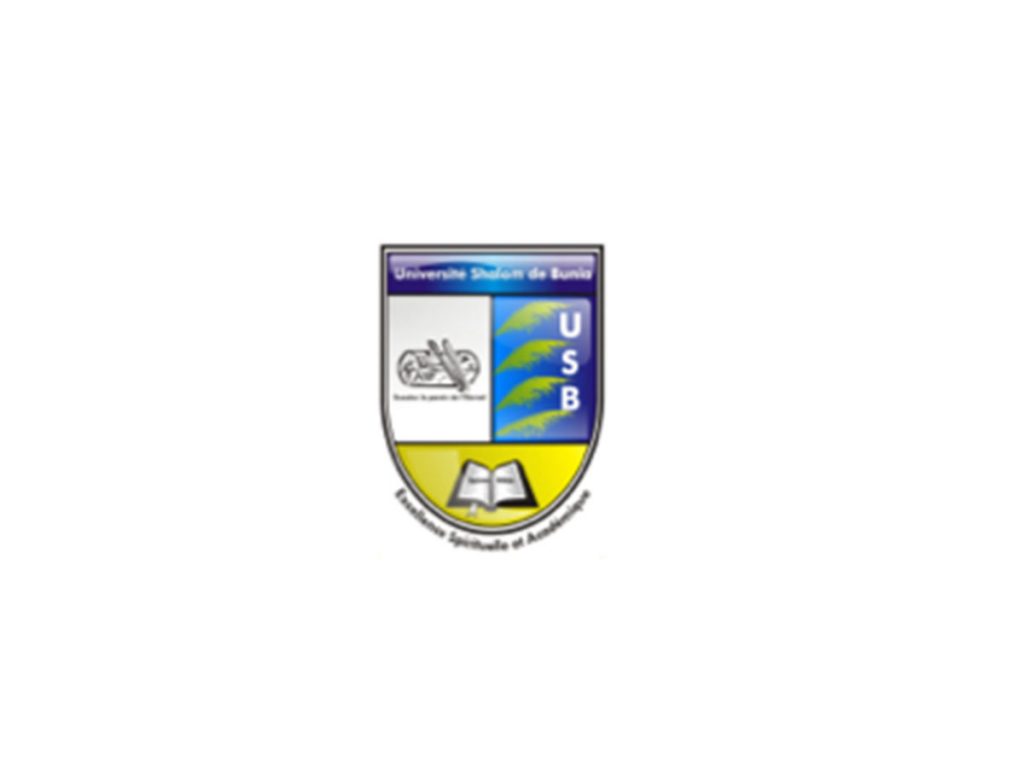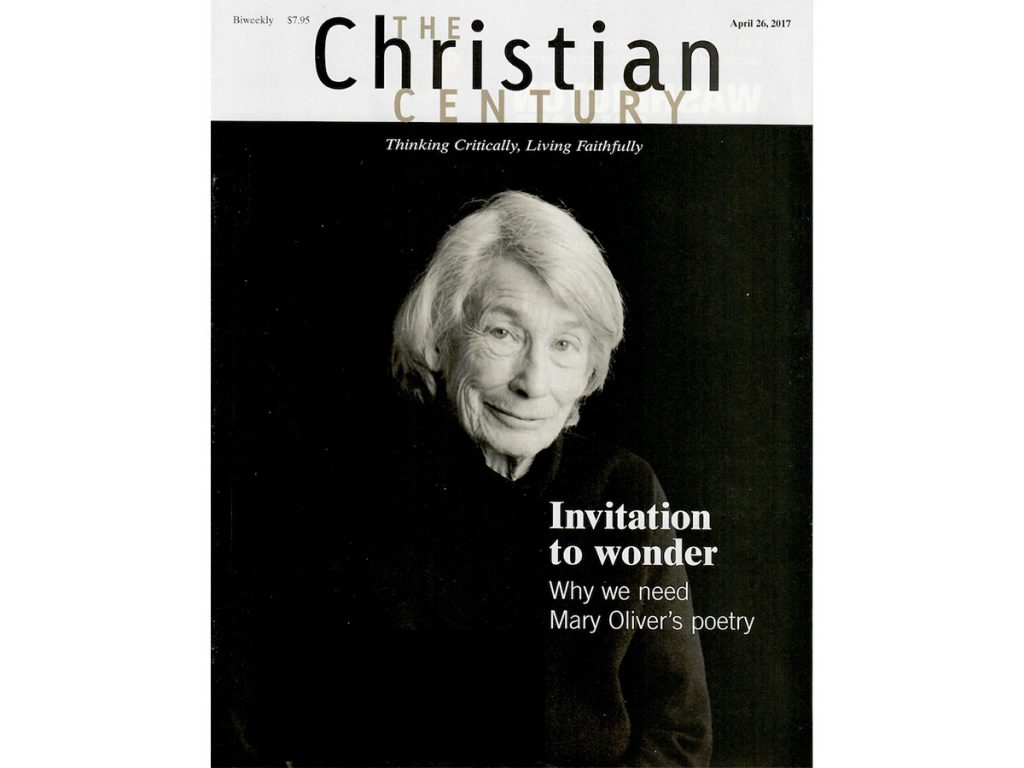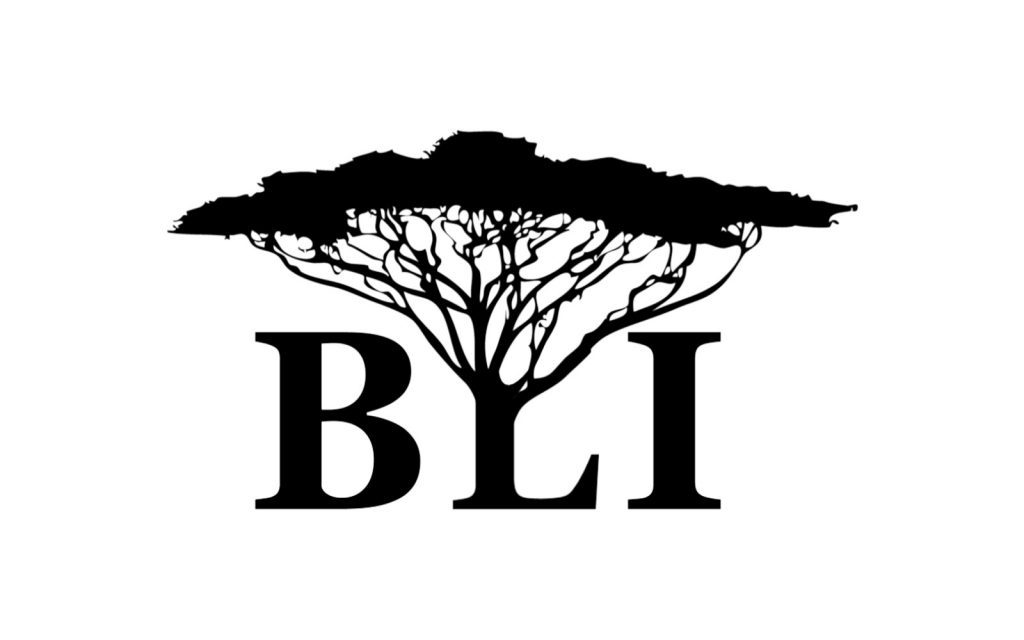The Issachar Fund develops, supports and runs programs that deepen our understanding of the challenges that arise from human interaction with the natural environment; and that explore approaches to these challenges that care for all of creation human and natural as an integrated ecological whole. Toward that end we partner with scholars and organizations that address the full range of critical local, regional, and global questions.
Recent Projects
Debra Dean Murphy, West Virginia Wesleyan College
World-Care and Care of the World: Mary Oliver and the Aesthetics of Environmentalism
In this forthcoming book, Debra Dean Murphy examines the poetry and essays of Mary Oliver, described by the
New York Times as “far and away, this country’s best-selling poet.” Murphy discovers in Oliver’s writings a rich, theologically astute framework for confronting the crises of ecological degradation. Woven into Oliver’s work are reminders of human intimacy with the natural world and echoes of the divine summons to relationship and stewardship found in the opening chapters of Genesis. Murphy’s work received support from the Issachar Fund in 2016 through our Scholar’s Retreat program.
Murphy’s work on the poetry of Mary Oliver was featured in The Christian Century, April 26, 2017.
Bethany Land Institute
Seed Funding for the Institute
Bethany Land Institute exists to address three interrelated problems in rural Africa: food insecurity, environment degradation and poverty. Fr. Emmanuel Katongle found that at the basis of these problems lies a theological problem that has to do with failure to see and acknowledge our deep connection with the land and our attempt to escape from our vocation to “till the land and take care of it.” (Gen 2:15). The Bethany Land Institute seeks to recover this mandate by forming and supporting the poor in Africa, especially the youth, in practices of sustainable farming, ecological consciousness, and economic entrepreneurship.

Shalom University
Environmental and Spiritual Regression among the Forest Dwellers
Under the compilation and organization of Bungishabaku Katho, this research addresses two major issues: (1) It seeks to understand why the socioeconomic conditions of Ituri forest dwellers are not improving (compared to the Bantu migrants in the forest), even though they have shifted from subsistence exploitation of forest natural resources to commercial trading. (2) Why are the original forest dwellers returning to traditional beliefs and practices after having been Christian for the past century? This research will (a) establish the responsibility of the local communities and newcomers in mismanaging natural resources; (b) bring the local communities to understand the need of an equal distribution of economic gains among beneficiaries; (c) create awareness of creation care among the Ituri elite; and (d) help the church discover the factors behind shaky foundations and reduced impact of the Gospel on the traditional beliefs of Ituri forest dwellers.
Previous
Next


